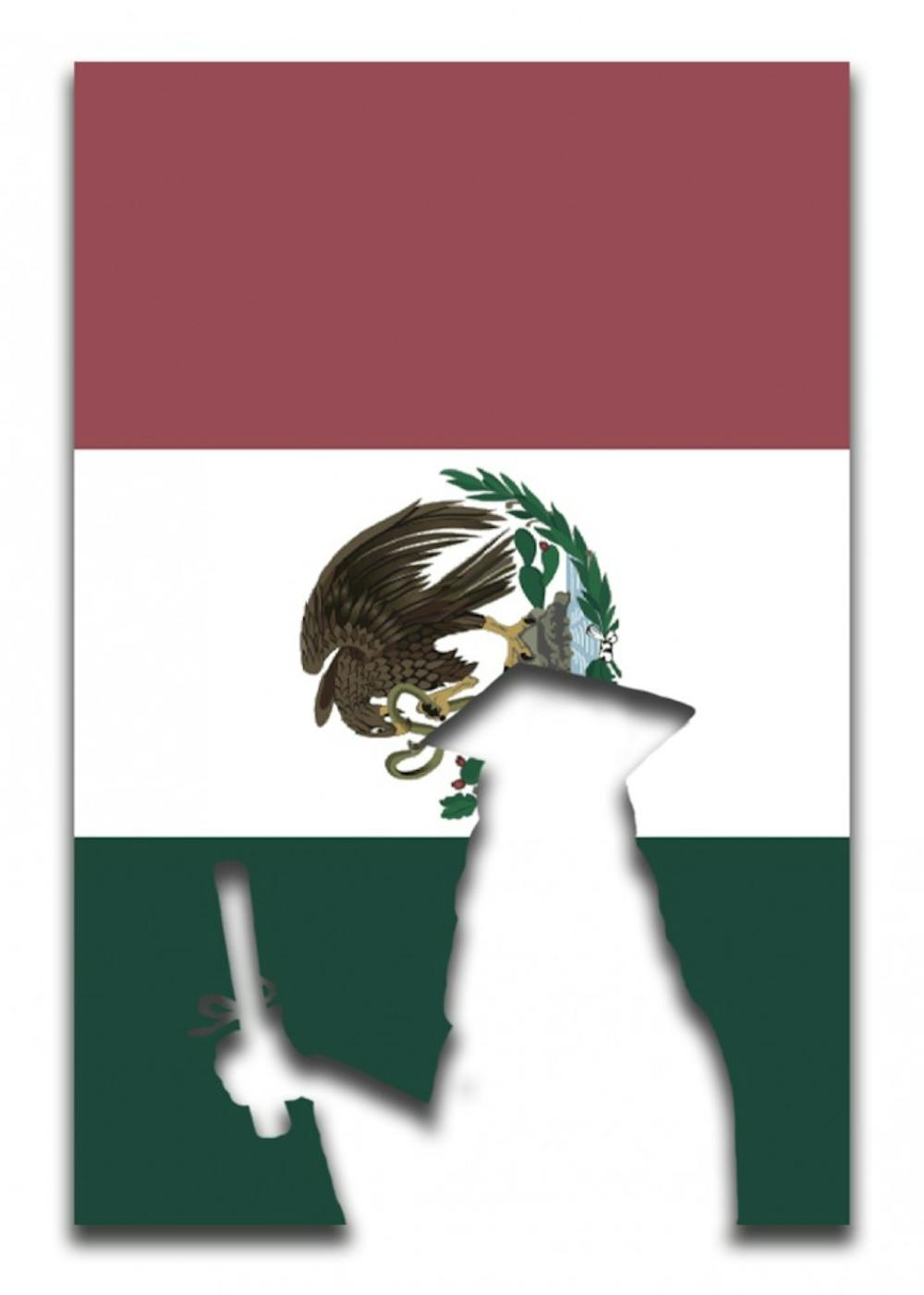I’m a Mexican-born American citizen.
My upbringing involved two countries, the second of which I have called home since I was ?seven. I’ve used my blue passport to travel through Europe — loving every second of it — and one day hope to explore the rest of the world. Through it all, I’ve learned to embrace my heritage and to celebrate where I come from because it is an inextricable part of who I am.
Recently, Indira Esparza, a 22-year-old Mexican-born graduate of the University of California-San Diego, ignited a firestorm when she chose to embrace her story at her university’s graduation ceremony earlier this month. Esparza unfurled the tri-color Mexican flag as she walked across the stage during commencement. It seems this act was enough to have some on the political right foaming at the mouth.
The reason? Esparza was brought to the United States when she was two years old. She is an undocumented immigrant.
A political science major and education studies minor, Esparza help found the Undocumented Student Services Center at UC San Diego to help students like her discuss their struggles.
Undocumented students in higher education face not only judgment because of their legal status but heightened financial obstacles and the very real threat of their families being ripped apart through deportation. Most of America has currently turned its attention to a flag which continues to represent white supremacy, bigotry and hate — a flag that has for years flown on the South’s college campuses.
Esparza’s critics, however, seem to be more outraged at her display of her birth country’s flag than the fact the Confederate flag and similar imagery continues to be sanctioned by state governments. Much of the hate toward Esparza stems from what the right has called “shameless ingratitude.” They accused Esparza of “milking the system” and ultimately called her “(a) poster child for arrogant, over-rewarded illegals.”
Perhaps for Esparza’s critics, the way she should’ve shown her gratitude would have been through a gift basket of fruit, hand-picked by Esparza from California’s fields, where many of the people who get food to our table are undocumented, often lack basic rights and face exploitation.
Let’s be real: This isn’t just about Esparza’s legal status. It’s also about racist, xenophobic, dog whistle politics — the use of politically charged language that has specific meanings within certain ideological circles. Because if it’s not the Mexican flag, it’s speaking Spanish in public or simply having a brown face which brings out the ugly tribalism in America (see Donald Trump or Louisiana Gov. Bobby Jindal). It is classic us-versus-them.
Bottom line, Esparza shouldn’t have to hide or erase her heritage to fit into some model minority fantasy. She asserted her place in our diverse American society and there’s nothing wrong with that, even if it offends you.
So yeah, I’ll wave the Mexican flag if I want to. I’m fortunate enough to live in a country where I can, and I am immensely thankful for it. But what I won’t do — nor should Ms. Esparza — is apologize for my right to do so.
edsalas@indiana.edu






